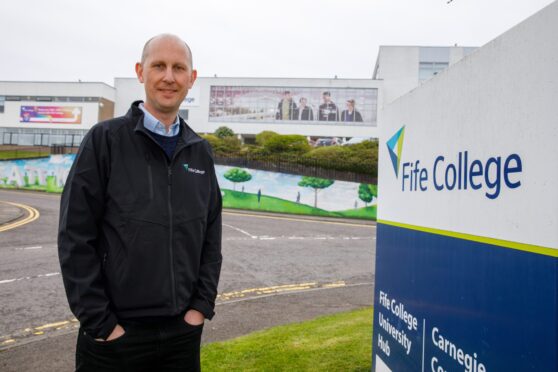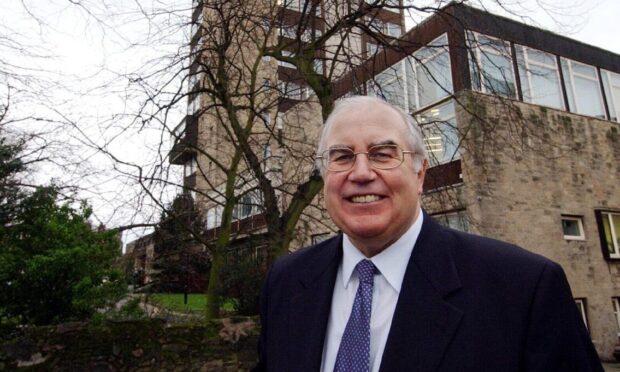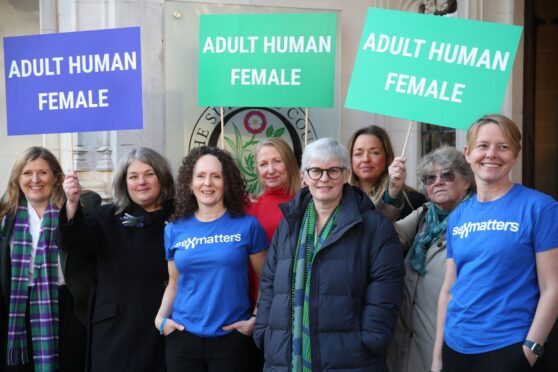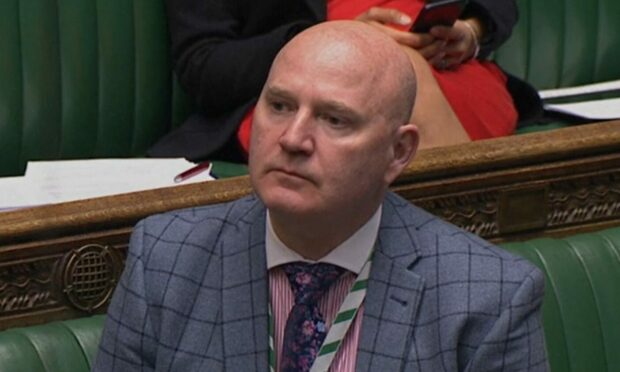Cuts to the number of teachers specialising in additional needs support are “deeply disturbing” and risk creating a “lost generation”, says a Fife education chief.
The kingdom suffered one of the heaviest reductions of the teachers in Scotland, with numbers dropping 22% in seven years.
Stuart Jacob, director of Falkland House School in Fife and a member of the Scottish Children’s Services Coalition, said the figures are “deeply disturbing”.
“This is completely unacceptable. By reducing the number of these teachers we are preventing many of these vulnerable young people chance of achieving a positive school-leaver destination, such as further education or employment, meaning that they are not achieving their full potential.
“If we don’t act we are facing the worrying prospect of a lost generation of young people.”
There were 248 teachers who have additional support needs for learning as their main subject in Fife in 2009. That fell to 194 in 2015, according to figures revealed by a parliamentary question.
In Dundee, it fell 18%, compared with 15% in Angus. In Perth and Kinross they went up by more than a quarter.
Miles Brigg, the Scottish Conservatives MSP who obtained the figures, said they will be of “real concern” to many parents.
He said: “It is difficult to see how the Scottish Government will reduce the attainment gap while these numbers are going down.”
The national figures – of 2,936 last year – are the lowest since the SNP came to power in 2007.
A Scottish Government spokeswoman said the figures only refer to the number of teachers in Scotland’s schools who have additional support for learning as their main subject.
She added: “In 2015, 95 per cent of children and young people with additional support needs are recorded as learning within a mainstream school and receive support from a wide range of teaching staff across a range of subjects.”
“As the latest report to Parliament showed, pupils with additional support needs have been gaining better qualifications at school and have been going into more positive destinations after leaving school.”
Additional support needs can include children who have learning difficulties, are particularly gifted or have been bullied.










